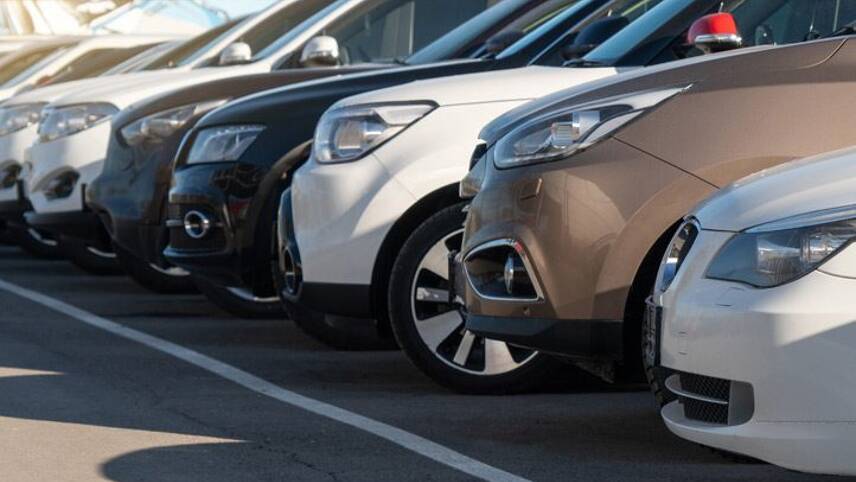Register for free and continue reading
Join our growing army of changemakers and get unlimited access to our premium content

Transport is the UK’s largest emitting sector
Reports emerged in the Financial Times that Johnson is expected to confirm the new deadline for sales of new petrol and diesel vehicles this week. The new 2030 date would assist with the UK’s efforts to reach net-zero emissions by 2050.
Transport is the UK’s largest emitting sector, accounting for more than 30% of national carbon emissions. While this does include aviation, road vehicles account for around 19% of all UK emissions.
Under Theresa May, the UK Government had initially introduced the ban on new petrol and diesel car sales with a 2040 deadline. Following criticism from green groups, including its own Committee on Climate Change, over the policy’s alignment with the UK’s 2050 net-zero target, Johnson moved in February to alter the deadline to 2035. 2035 is the date cited by the CCC in its initial recommendations framework on legislating for net-zero by mid-century.
According to the Financial Times, which sites Whitehall sources, the 2030 diesel and petrol ban is one of many new environmental policies expected to be published this week.
Last week, Johnson confirmed that a 10-point plan would be published “shortly”, detailing how a focus on green markets will “not only create thousands of British jobs but also invigorate our plans to achieve net-zero by 2050”.
The PM has already unveiled plans for every home in the UK to be powered with electricity from offshore wind farms within the decade and has unveiled a £160m pot to support the sector. This commitment has seen the Government increase its 2030 target for installed offshore wind capacity from 30GW to 40GW.
The Financial Times has reported that Johnson’s plan could also cover hydrogen production and infrastructure; carbon capture and storage (CCS); low-carbon synthetic fuels for aviation and small modular reactors. On the latter, the Conservative Party has pledged to create a nuclear fusion facility by 2040.
Electric vehicles accounted for around 7% of new vehicle purchases in the UK last month, according to the Society of Motor Manufacturers and Traders.
The move comes following impressive lobbying from corporates. In September, a coalition of 27 corporates called on Boris Johnson to move the UK’s ban on new petrol and diesel car sales forward to 2030.
Convened by The Climate Group and BT, the UK Electric Fleets Coalition consists of dozens of businesses who have set ambitious targets around electrifying their own road transport offerings. Collectively, the members have pledged to source more than 400,000 low or zero-emission vehicles.
To support the accelerated ban, the Coalition is calling for policy support to unlock further private sector investment in rapid charging networks. The 2020 Budget saw Chancellor Rishi Sunak earmark £500m of government money for this purpose.
The Coalition is also recommending that the Government provides long-term certainty on financial incentive schemes for EVs, for businesses and individuals alike. At present, the Plug-In Grant is set to close in 2023. It is also calling for greater support for the UK’s battery manufacturing and EV manufacturing sectors.
Matt Mace


Please login or Register to leave a comment.